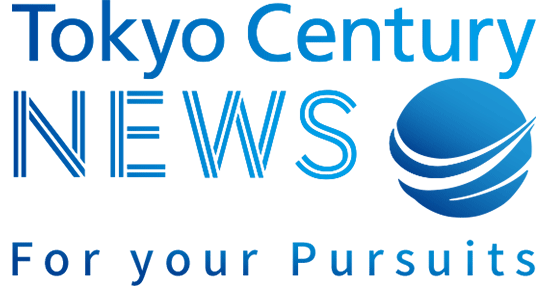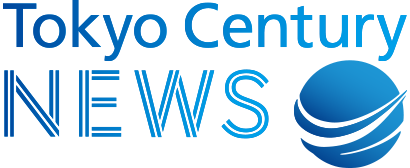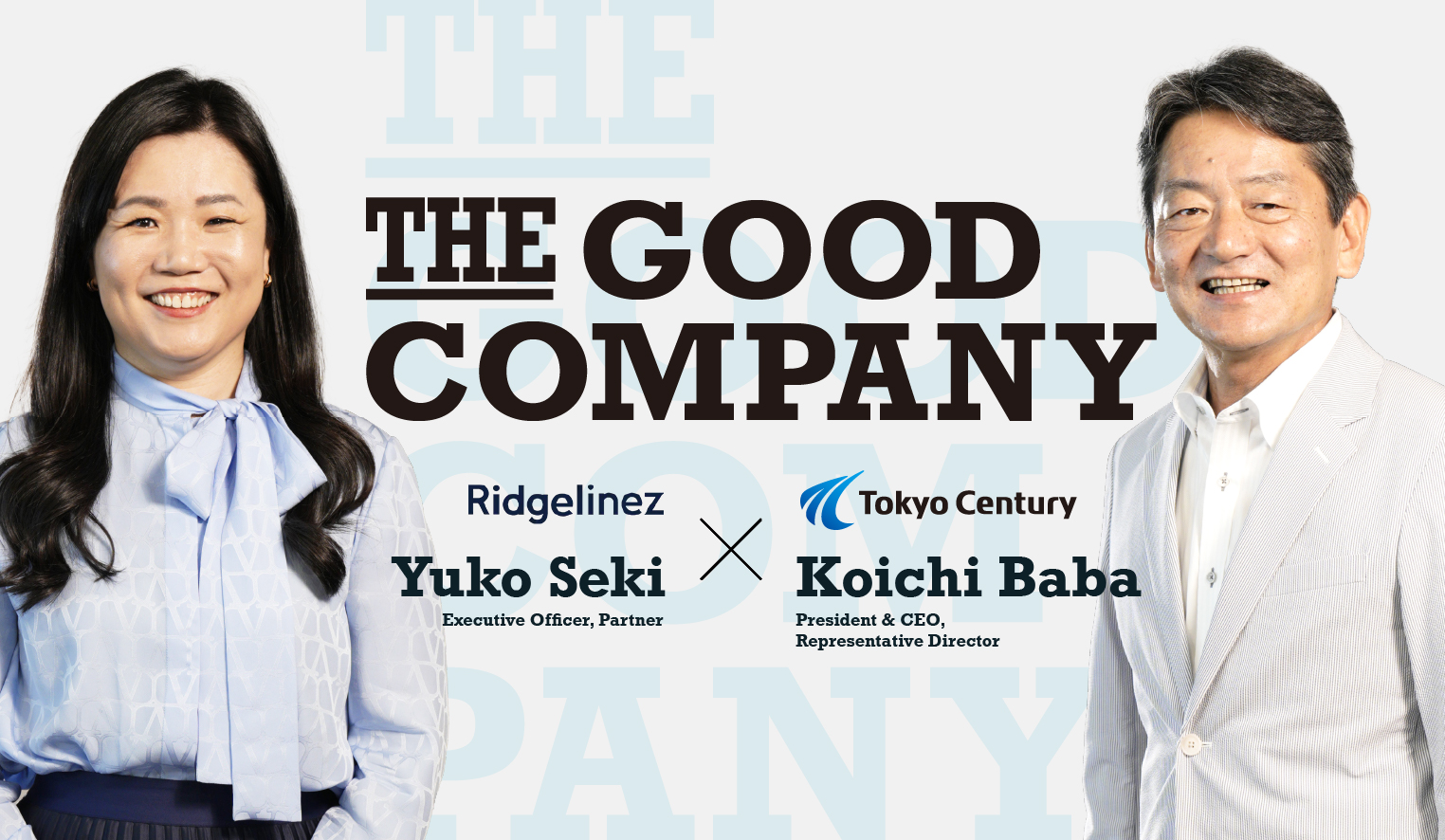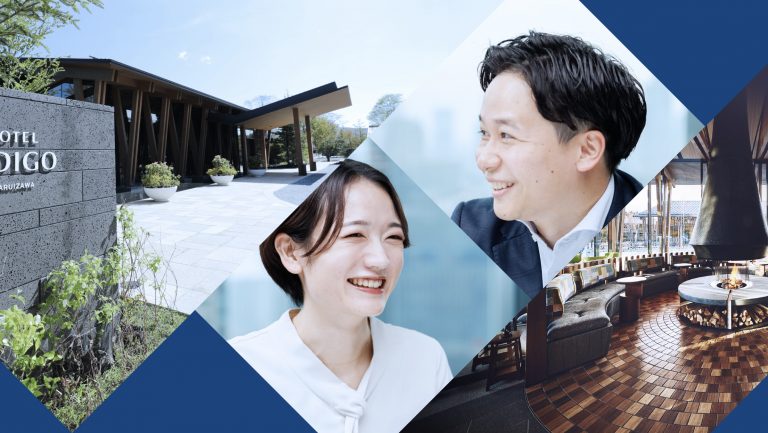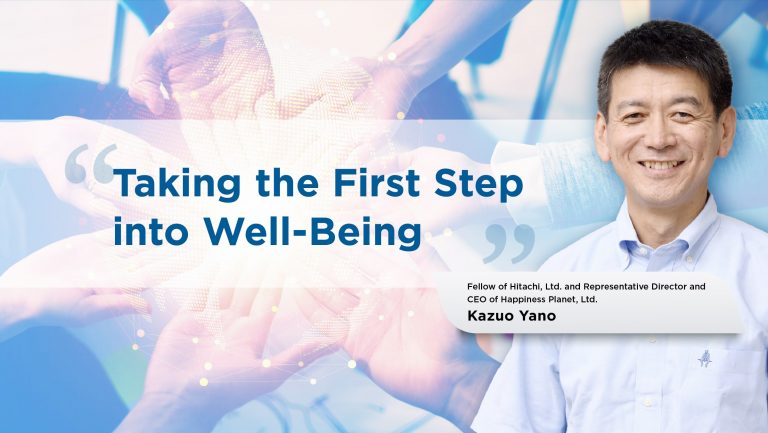
Leaning on Employee Career Plans: Tokyo Century’s New Graduate Recruitment and Onboarding
Jul 12, 2023
Tokyo Century has introduced course-based hiring for new graduates to respect their career designs and in an effort to align those with the roles in which they start off. In addition to course-based recruitment, we have also established an open course approach for the graduating class of 2024 that does not limit their assignment preferences. In the first part of this article, recruiters from the Personnel Division explain the background and intentions behind this change. After that is an interview with the young employees who launched the Rookie Hub, an onboarding* project for new graduates.
*Practices and procedures that guide new hires so that they become familiar with the organization and can demonstrate their abilities.
▼ INDEX
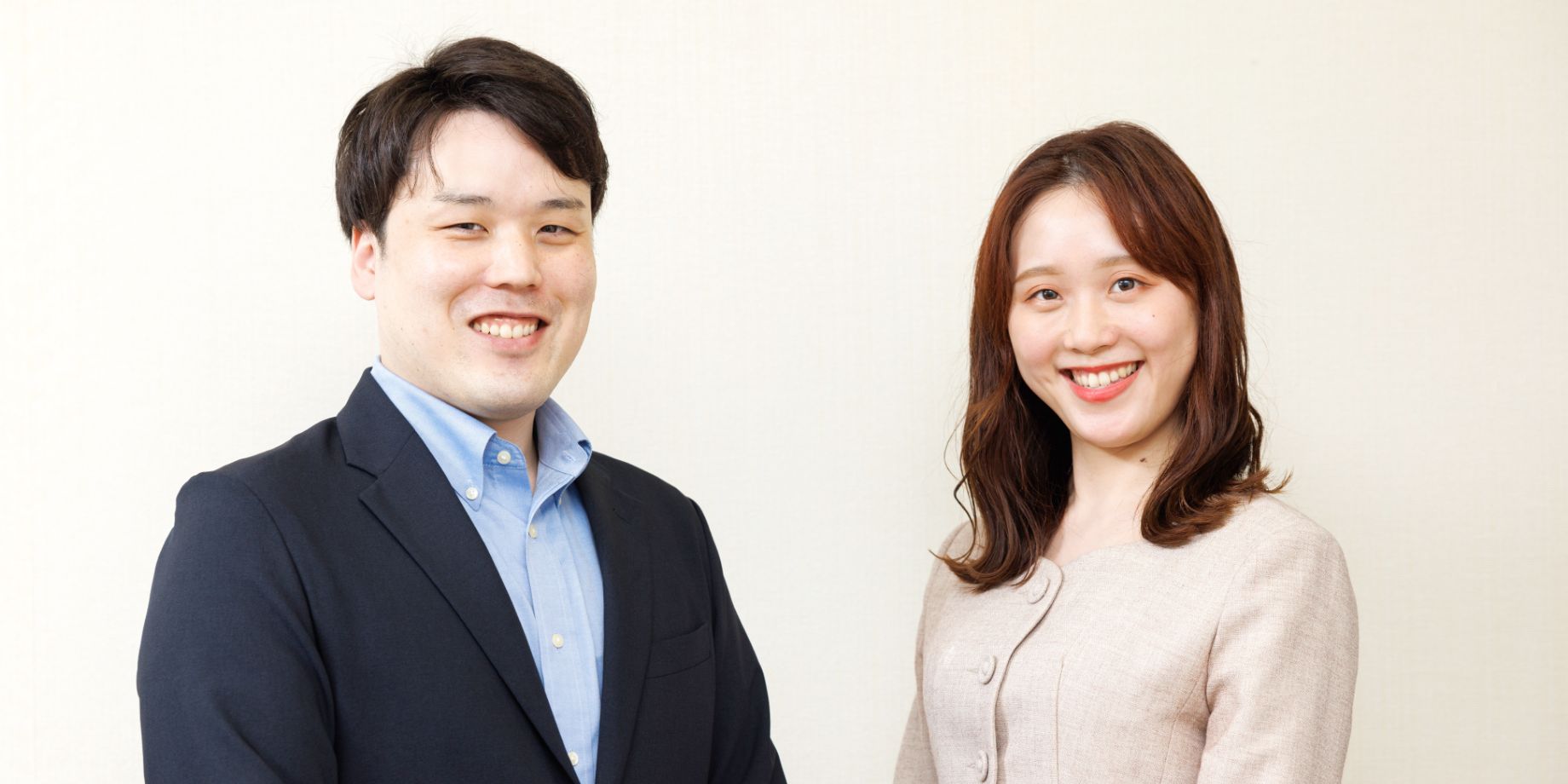
Mr. Kamata and Ms. Seki, both in charge of recruiting and training new graduates at Tokyo Century
Course-based Hiring to Prevent Mismatching Students and Companies
─Beginning with the recruitment of the graduating class of 2024, we have introduced open courses in addition to the conventional course-based hiring. Could you explain the background for this change?
Kamata:Several years ago, Tokyo Century started course-based hiring, whereby students could choose their desired career path from our operating segments and administration units. This was because students were becoming increasingly career-oriented and the Company does business in multiple areas.
These days, many students have concrete career plans when they enter the workforce, and since each operating segment is becoming more specialized, conventional recruitment may result in employees being assigned to divisions not aligned with their preferences. We started course-based hiring to prevent such mismatches.
The open course is an expanded version of this approach. For example, even if job applicants don’t have a specific career preference when they submit their application, we can help them discover what they want to do and the type of career they might want, through internships and interviews.
Seki:They can even change their course preferences during the selection process. That’s why we interview each of them throughout the process, from the initial conversation to the executive interview, and also so we can get to know them well on an individual basis.
By listening to them carefully, we’re able to match preferences with career paths while considering their individual aptitudes during the selection process.
─What do you prioritize in your recruiting activities?
Seki: I hope diverse applicants join the Company and will fully demonstrate their abilities. When meeting with students, I listen to what they have to say about themselves and their futures and also try to draw out their motivation. That’s why I take a moment to break the ice, for instance by chatting a little during the interview, in order to relieve some of the tension and get them to relax so they can show their true colors.

Kamata: “I want to follow up with them both before and after they join the Company.”
COVID-19 Pandemic Impacts on Employment and Recruitment
─From the perspective of the Personnel Division and recruitment, what changes have you observed in students over the past few years?
Seki:The pandemic has had a big impact. This generation couldn’t experience the school and sporting events that had been taken for granted in high school and college, so I feel more students are taking the initiative to act on their own, rather than just waiting. Lots of them have worked on improving their language skills and acquiring qualifications through online programs offered by overseas institutions, making the best use of their time amid the pandemic restrictions while figuring out ways to gain as much knowledge as possible.
Kamata:Since students weren’t able to visit alumni who had been employed the way they had before the pandemic, more and more of them have participated in internships after hearing from the employees who used to be senior classmates of the same seminars and clubs in college. In fact, several of this year’s prospective employees were junior classmates of current employees.
─How much attention has your industry been receiving in the job and recruiting market? Have there been any changes?
Kamata:I feel that the leasing industry is attracting more attention. Although it was positioned within the financial industry, the focus on leasing has shifted over the past few years since it now deals with a wider range of businesses within the industry and has taken on the characteristics of a general business company. We’ve encountered this understanding in our own recruits who came to Tokyo Century after researching trading companies, banks, manufacturers, and consulting firms.
Seki: The number of applicants has been rising since before the pandemic. Many are attracted to and interested in our wide range of products and business areas, which makes the Personnel Division very happy.
How Internal Systems and Onboarding Procedures Respond to Diverse Career Plans
─What support does Tokyo Century provide in terms of the increasingly diverse array of career plans?
Kamata:We have the Career Challenge System for internal job openings for those who want to gain experience and grow in several operating segments. And for those who want to start their own business, we have the TC Biz Challenge System for proposing new businesses. These systems are part of our responses to employee career plans.
In addition, the Personnel Division hosts an internal gathering called TC-Mee+ to follow up with new employees after they join the Company. At these events, they can exchange opinions with senior employees and ask questions to management, such as about the Company’s direction. So this opportunity for dialogue, which isn’t restricted by division or number of years at the Company, can provide insights for career planning.

Seki: “I want people to be happy for having selected Tokyo Century as the first company in their career.”
─Do you have other initiatives like TC-Mee+?
Kamata:Yes, each operating segment has specific initiatives. The Specialty Financing segment has a very unique one. Young employees launched the Rookie Hub from scratch, and it’s been widely talked about across the Company, hasn’t it?
Seki: I’m very much looking forward to seeing how this initiative develops.
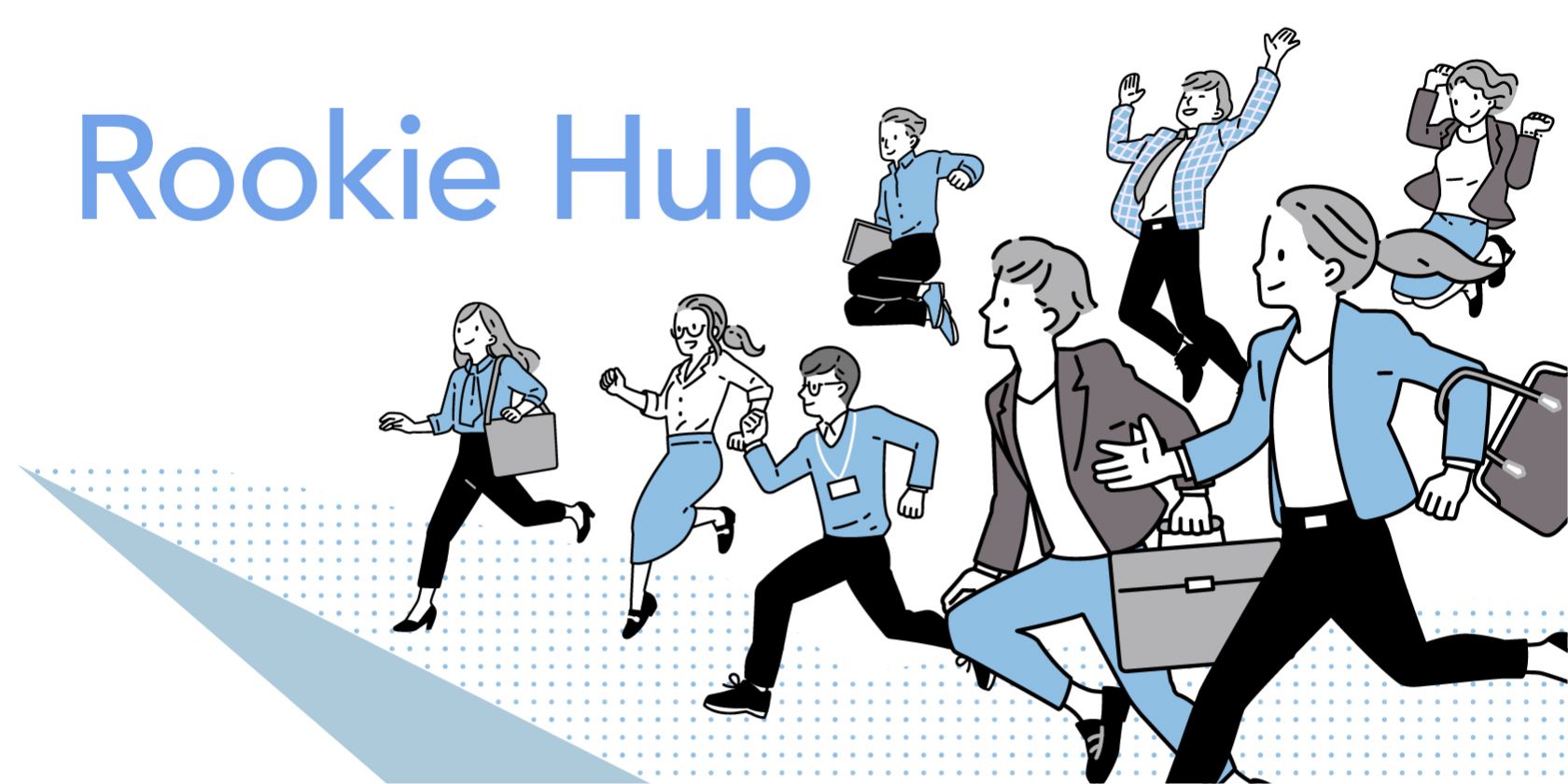
How the Rookie Hub Supports the Onboarding of New Employees in Their First Year
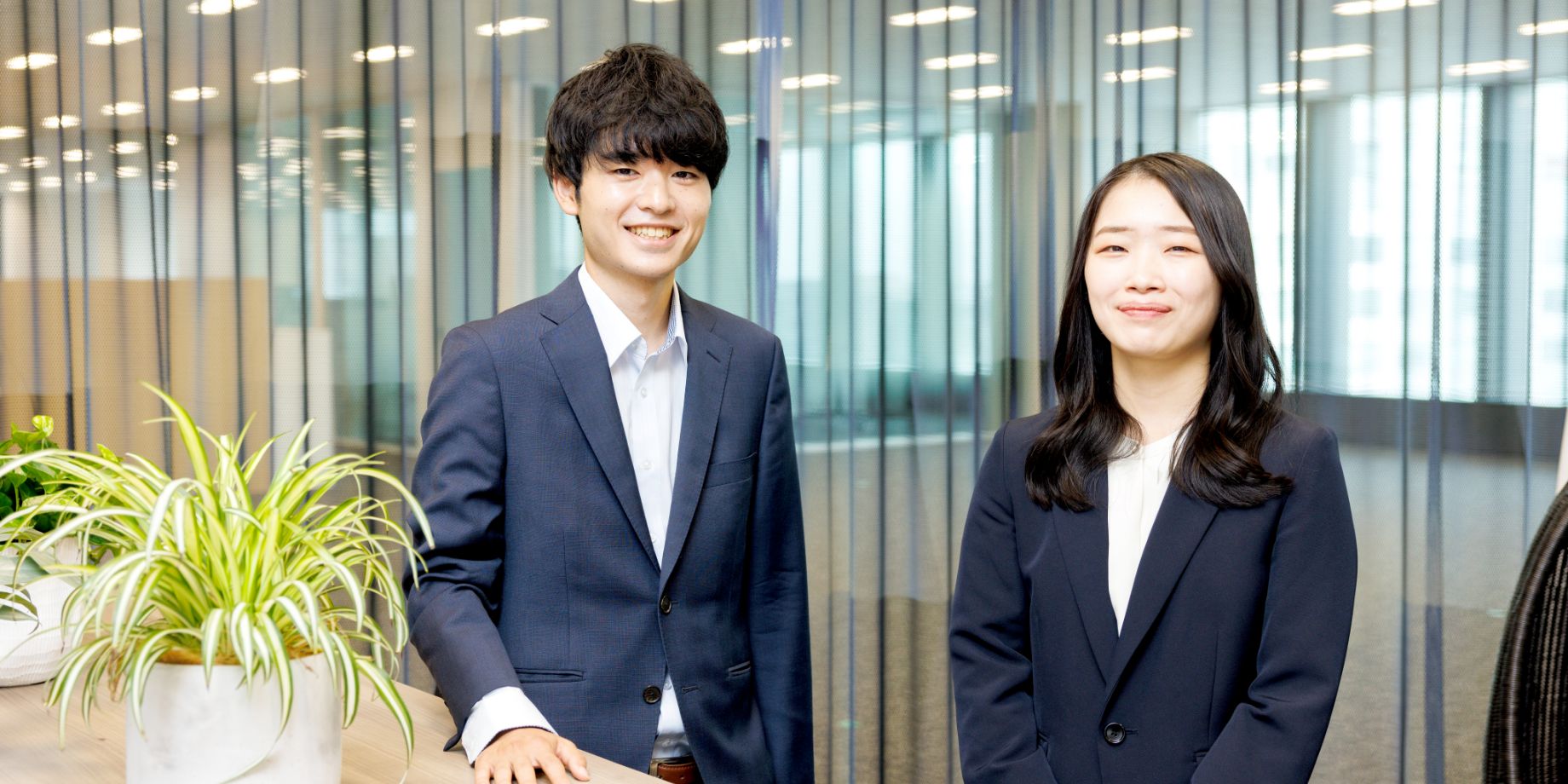
The two founders of the Rookie Hub, including Mr. Ishii.
─The Rookie Hub recently won the Best Hope Award in the TC Award 2022, an internal recognition program. How would you describe the initiative?
Ishii:The Rookie Hub is an event during which new employees assigned to the Specialty Financing segment and young employees in their second year gather in small groups to exchange their ideas. These gatherings are typically held once a month for about an hour. In the first half of the meeting, participants talk about business updates and concerns and after that about topics related to the Company’s business areas and current news topics. In a session on work styles and workplace environments, the participants, having the perspectives of young employees, were keen to discuss new programs that could be introduced at the Company.
─Why did you start the initiative?
Ishii:Students who’d entered the Company at the same time as me had been job hunting during the COVID-19 pandemic. What’s more, we worked for the Company from home for pretty much our entire first year. So the lack of interaction with other divisions and communication between generations were deeper concerns for us than the work itself. And there were few employees who had worked around the same length of time as I had in the Specialty Financing segment, so I felt uncomfortable in a place where it was difficult to speak freely with senior employees about anything, including trivial matters.
In this context, and as I entered my second year, I suddenly realized that the next group of new employees might experience the same problems. I thought I could follow up with newcomers as one of the more recent employees, so that they wouldn’t have to go through what I had. And so I launched the initiative. When I spoke with a good friend and colleague who’d entered the Company when I did, she expressed the same concerns, so we decided to work together. We prepared a presentation, and upon its approval we proceeded to launch the initiative in the spring of 2022.

Participants of a Rookie Hub meeting
─What was the response?
Ishii:Since the entire operating segment felt the same about this issue, my senior managers, including the unit general manager, were fully supportive. With the help of fellow members, we prepared to launch the initiative and could welcome new employees without any problems, and everyone who took part was enthusiastic. Despite it starting off as a small project of the Specialty Financing segment, interest from other segments grew fast over the course of the year and the overall response was bigger than expected. When I see new employees freely communicating with senior employees in other divisions and across departmental boundaries, I feel satisfied and also a sense of accomplishment.
─This is Rookie Hub’s second year. Has anything changed?
Ishii:Participants were very satisfied with the initiative initially, so we’re maintaining the format of having second-year employees support new ones, while those of us in our third year have taken a step back. This fiscal year, we are jointly operating the initiative with the Environmental Infrastructure segment, which was spun off from Specialty Financing. I hope that these conversations will motivate the participants to work harder, and that the discussions will ultimately sow the seeds of new business opportunities. As for me personally, while running the Rookie Hub, I gained a deeper understanding of the jobs of my peers who’ve been at the Company for an equal length of time, and I’m now in the process of creating a new business that will take advantage of the unique characteristics of each operation.
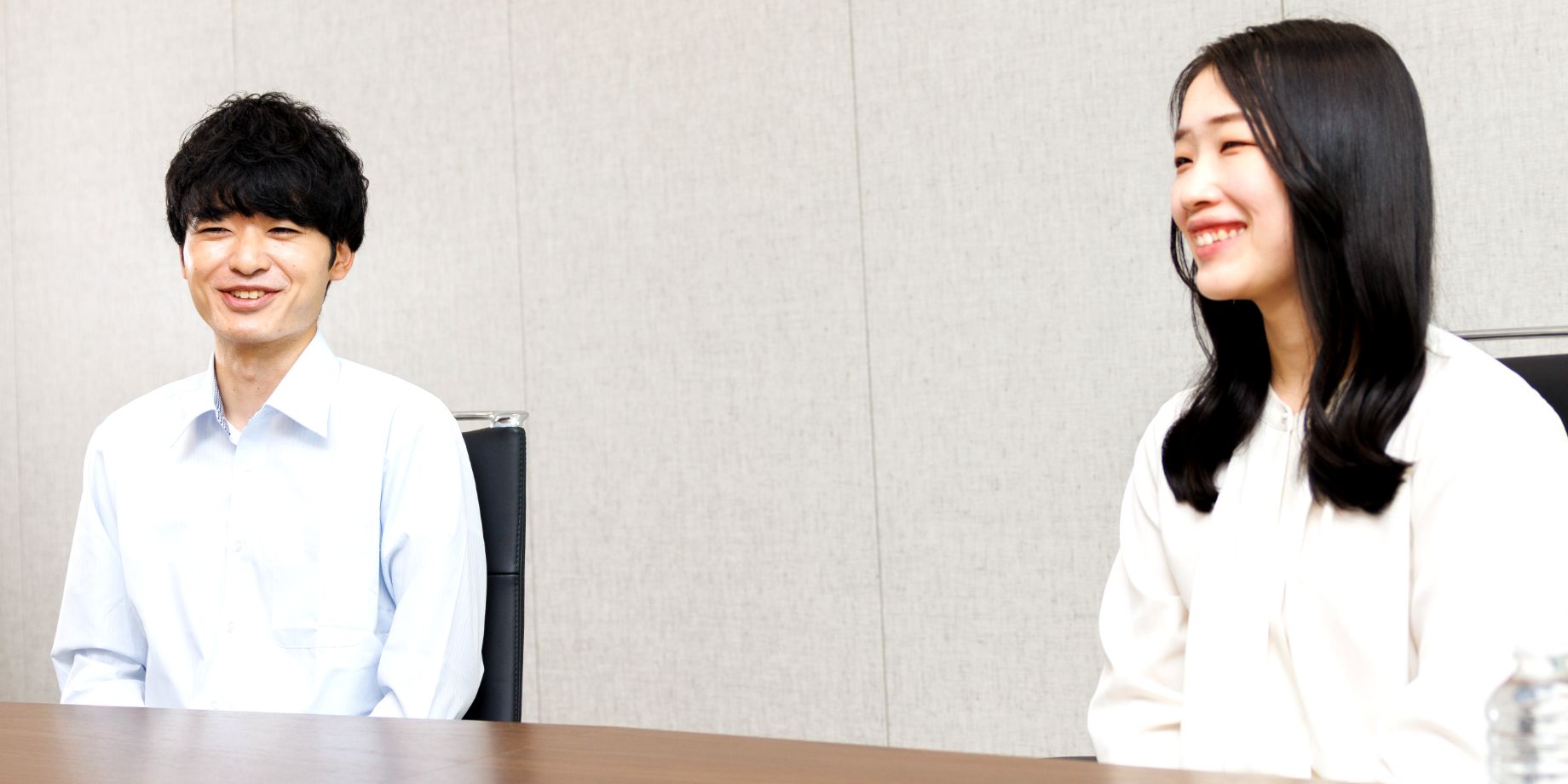
An effective partnership, working together on both the Rookie Hub and a new business.
Determining Own Goals Rather than Walking a Pre-drawn Path
─Mr. Ishii, are you closely following the career plan that you envisioned when you were a student?
Ishii:I’m now in my third year at the Company, and I sometimes feel that in college I was overly optimistic about my career path. But things are generally going well. I’ve always wanted to pursue a career in which I could chart my own course and determine my own goals, rather than just walking along some path laid out for me. So I’m highly satisfied with my current job, in which I’m also involved in creating new businesses. I joined the Company because I was attracted to this environment where I can try new things while still young and also grow. By actually thinking and taking action on my own, I’ve been able to engage in the creation of new businesses and the Rookie Hub while involving others. A lot of valuable experience has been the result, and this will serve as the foundation for my career.
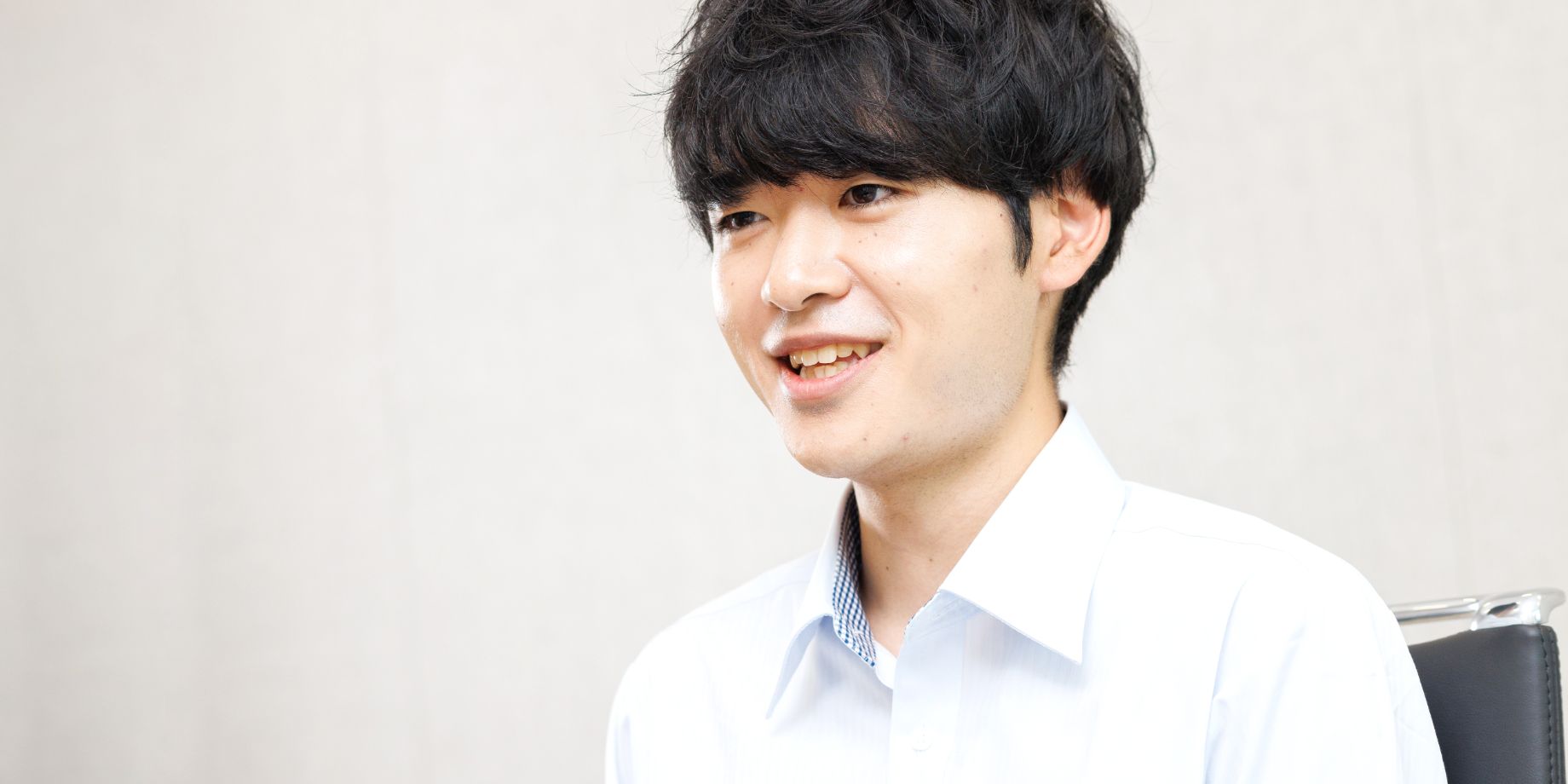
─Thank you so much for sharing your thoughts. Finally, what message do you have for students?
I believe that work is a means of self-realization, while a career is a path for realizing your dreams and goals. That’s why I think the first step in your career development is to thoroughly know yourself, including the values you cherish and your strengths. I hope that every student looking for work will determine their own values and strengths and establish a self-fulfilling career while enjoying work as a place or setting where they can fully demonstrate their strengths.
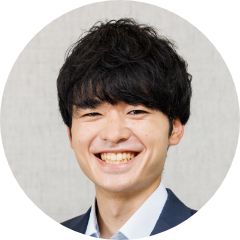
Ishii
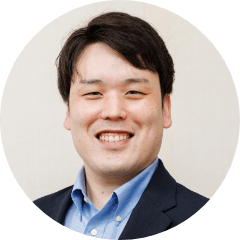
Tomoki Kamata
Personnel Division
Joined the Company mid-career in 2020 after working at a financial institution. In the Personnel Division, Mr. Kamata is in charge of recruitment, including for new graduates, and training programs.

Saeko Seki
Personnel Division
Joined the Company in 2017 and worked as a leasing sales assistant at the Metro Tokyo Business Division V in the Equipment Leasing segment. Ms. Seki then moved to the Personnel Division in 2018. Since then, she has been involved in recruiting and training new graduates.
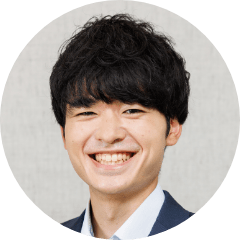
Yuta Ishii
Specialty Finance Strategic Planning Division
Joined the Company in 2021. In the Specialty Finance Strategic Planning Division, Mr. Ishii has been managing the performance of current investees and promoting new investment projects. He is also creating new businesses.
Note: The information in this article is current as of the time of publication.
RECOMMEND ARTICLES
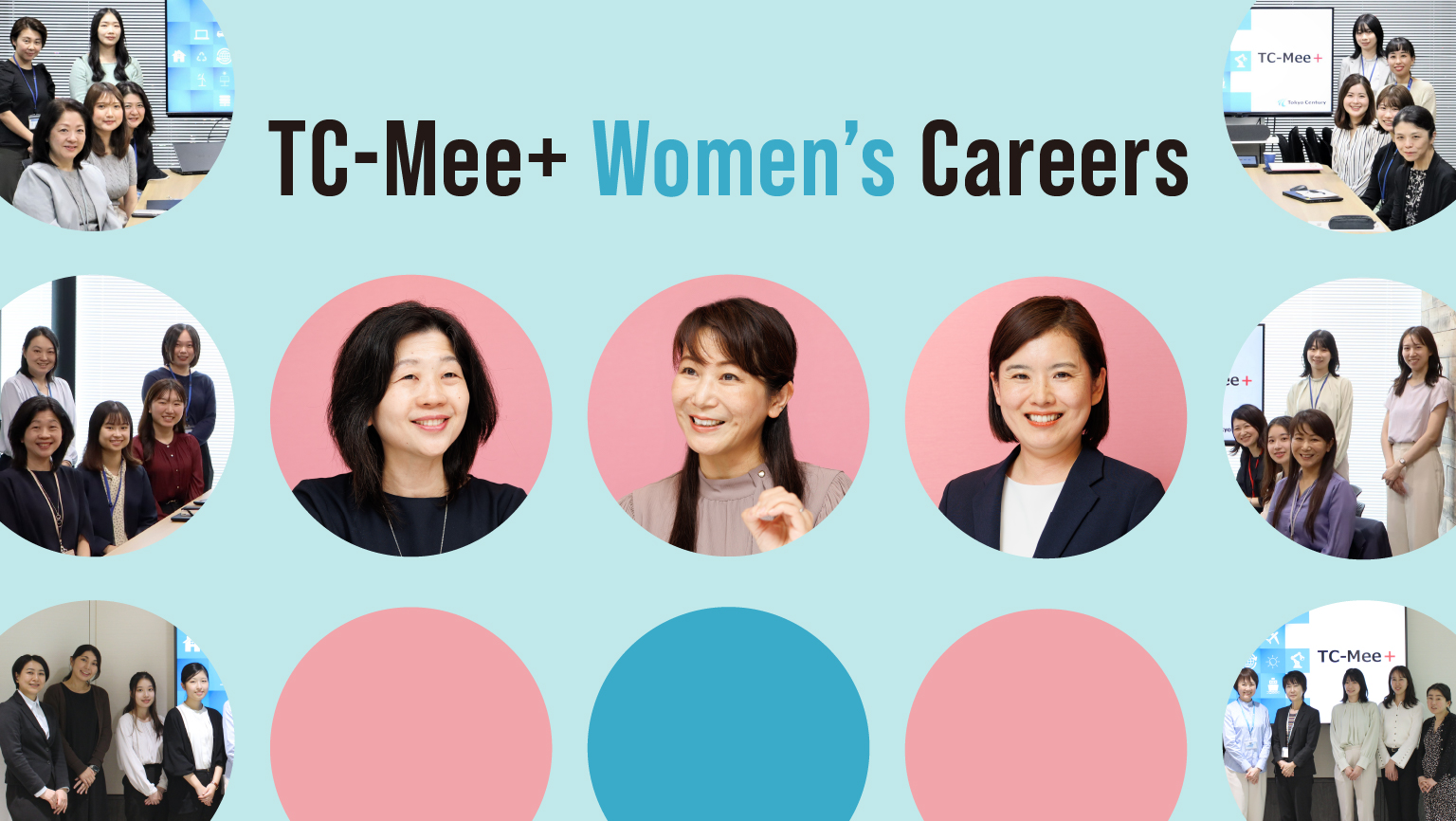
Dec 13, 2024
Since fiscal 2022, T…
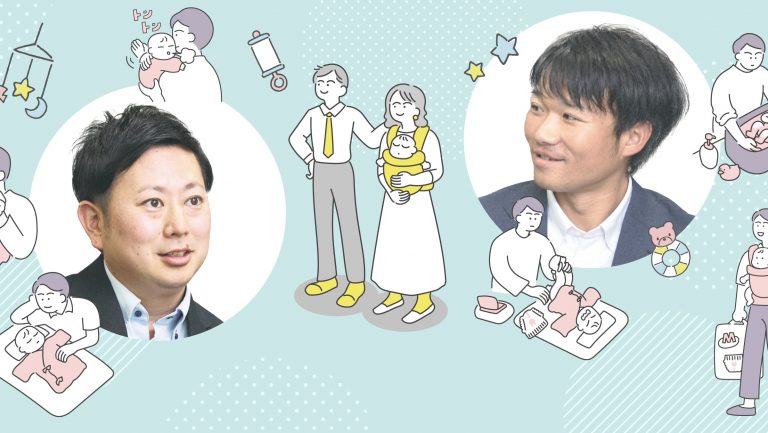
Feb 28, 2024
With the Act on Chil…
